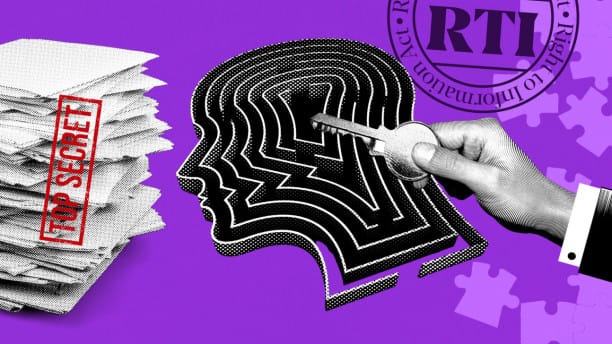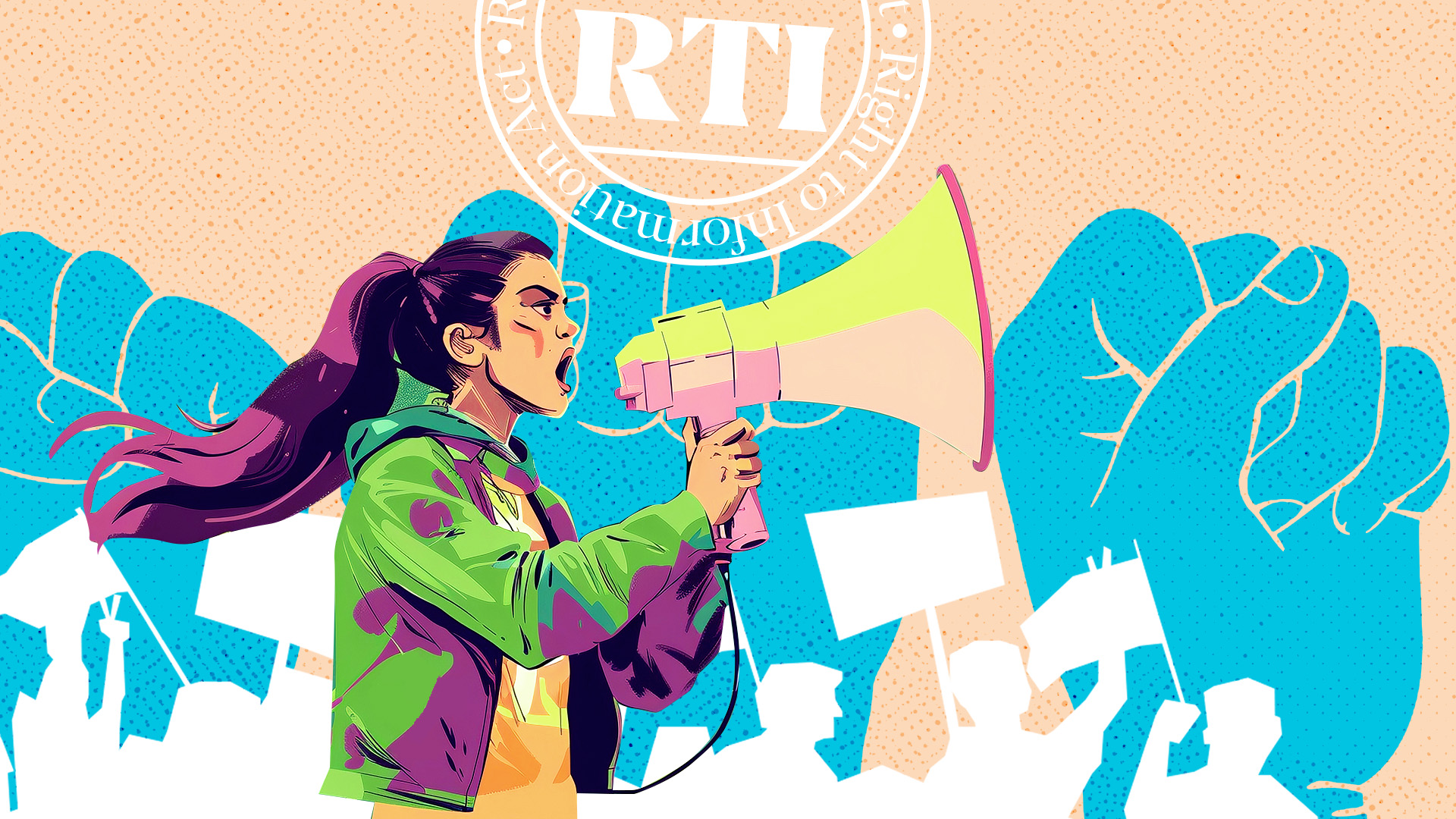Appoint missing commissioners to keep RTI Act alive

Soon after the interim government assumed power six months ago, the three Information Commissioner posts in Bangladesh became vacant. Without the commissioners, the Information Commission itself—the pivot of the Right to Information (RTI) regime—becomes dysfunctional. Citizens seeking information and the authorities providing it find themselves in limbo. In the absence of the Information Commission monitoring their work, government officials feel less inclined to respond to citizens' information requests, who, in turn, question whether it is worth pursuing a request. As a result, the entire RTI Act withers, along with the concept of citizens' right to monitor the government's work to improve governance. This development contradicts the aspirations of the country's youth, who helped bring the interim government to power.
To obtain a clearer picture of the ground realities, we consulted different groups in the country engaged in promoting and using the RTI Act. Though not a scientific method, the process confirmed our fears. The following are some of our findings, albeit anecdotal.
There appears to be a shift in the attitude of many public authorities towards the RTI Act and a perceptible tendency among them not to respond to RTI applications, even after an appeal. The slow but steady progress made in recent years in implementing the RTI Act and the acceptance, however grudgingly, by public authorities of their responsibilities under the law appears to be dwindling. According to one source, there is a "damn care attitude" among them.
Initially, the overthrow of the previous regime through a people's uprising appeared to serve as a booster for potential users of the RTI Act. However, the absence of Information Commissioners and the perceptible non-cooperation of government offices soon dampened spirits. Many claimed to have been subjected to harassment, such as being questioned about why they made the requests, apparently to determine if there were ulterior motives behind them. Many have been asked to provide copies of their NIDs, which is not required under the law.
The political instability following the July-August uprising appears to have contributed to a lack of trust in government bodies. New political players have entered the fray to advance personal or group agendas. In such an atmosphere, people hesitate to engage with the RTI process for fear of retaliation or political backlash. Some designated officials of government offices reportedly even refuse to accept information requests, claiming that the RTI Act has been abolished and is no longer operational. In some places, district officials have cited interference from political forces forbidding them from disclosing certain information.
Amid such uncertainty, the prolonged absence of the Information Commissioners has given rise to general indifference among public authorities and hopelessness among complainants. Government officials, who are usually reluctant to disclose information, have found regime change to be a new pretext for digging in.
In this atmosphere, promoters and supporters of the RTI Act are genuinely disillusioned. Is there a danger of the RTI Act sliding backward or slipping into disuse? Such fears must be nipped in the bud. It took 15 years for different stakeholders of the RTI Act to promote the law and bring it to a state where there was a glimmer of hope that the objectives of the law—bringing transparency and accountability to governance—were achievable. There was a general expectation that the advent of a popular government would lead to more robust use of the RTI Act. This has been proven true in the last six months, as more youth have been drawn to the law. They saw its potential to make public administration people-friendly and committed to the rule of law.
While it is understandable that the interim government has other important priorities to attend to at this critical juncture for our nation, putting the RTI Act back on track should, we believe, be considered an essential priority because of its immense potential to contribute to better governance. It is one law that helps the people and government unite for the good of the nation. Appointing Information Commissioners is a step towards keeping that potential alive.
Shamsul Bari and Ruhi Naz are chairman and assistant director (RTI), respectively, of Research Initiatives, Bangladesh, RIB. Email: rib@citech-bd.com.
Views expressed in this article are the author's own.
Follow The Daily Star Opinion on Facebook for the latest opinions, commentaries and analyses by experts and professionals. To contribute your article or letter to The Daily Star Opinion, see our guidelines for submission.

 For all latest news, follow The Daily Star's Google News channel.
For all latest news, follow The Daily Star's Google News channel. 

Comments